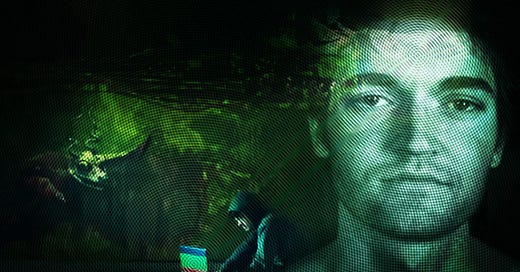Silk Road: The Digital Utopia That Became Hell on Earth
How One Man’s Dream of Freedom Unleashed Chaos—and Cost Him Everything
Ross Ulbricht was mid-sentence when the FBI tackled him. On October 1, 2013, in a San Francisco library, the 29-year-old’s laptop flickered with the admin dashboard of Silk Road—a $1.2 billion empire built on drugs, Bitcoin, and a dangerous delusion: “Freedom means no rules.”
Ulbricht had promised users anonymity, safety, and rebellion. Instead, Silk Road became a graveyard. Overdoses. Cartel profits. A global manhunt. This is the unflinching story of how idealism curdles into ruin—and why no one escapes the consequences of playing God.
The Libertarian Dreamer: From Physics to Felony
Ross Ulbricht wasn’t a criminal. Until he decided to be. A Texas-born physics graduate, he loved hiking and solar energy. But by 2010, his journals seethed with libertarian rage: “Governments are parasites. I’ll build a new world.”
That world required two tools: Tor, to hide users’ locations, and Bitcoin, to erase money trails. By 2011, Ulbricht taught himself to code and launched Silk Road—a dark web marketplace masked as a “free trade experiment.” First sold: psychedelic mushrooms. Then came heroin, meth, and 13,000 listings.
The Ideology Behind the Madness Ulbricht saw himself as a modern-day revolutionary. Inspired by libertarian thinkers like Ludwig von Mises, he believed governments stifled human potential. In forum posts, he argued that Silk Road would “end drug violence” by cutting out street dealers. “No more gangs, no more turf wars,” he wrote. But his idealism ignored a brutal truth: addiction doesn’t care about politics.




